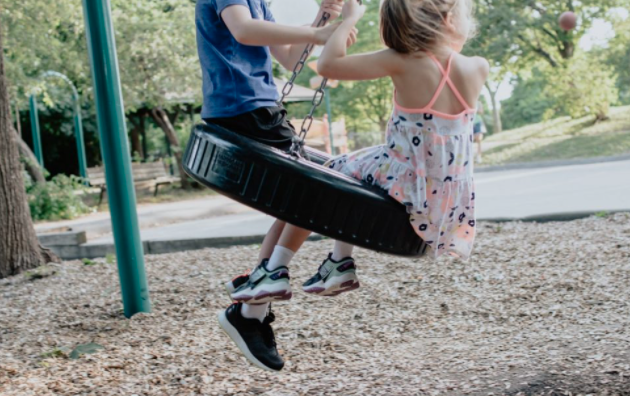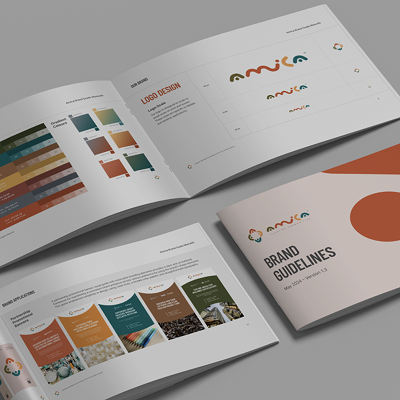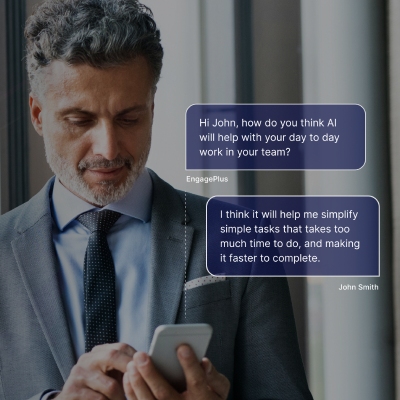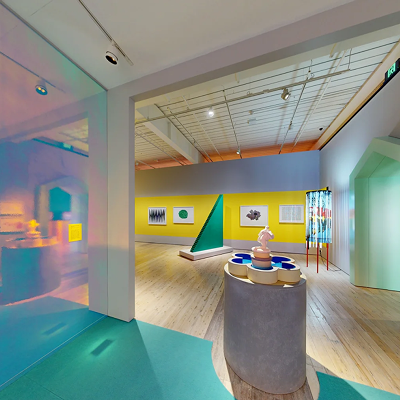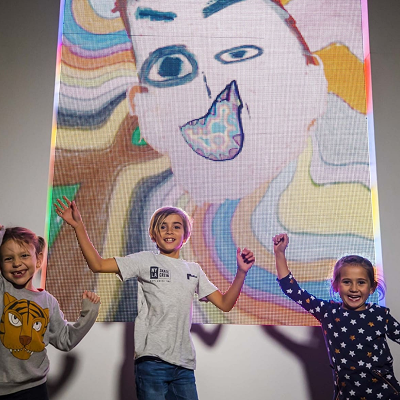Ways to Help Your Children Cope Through Playground Politics
November 5, 2023
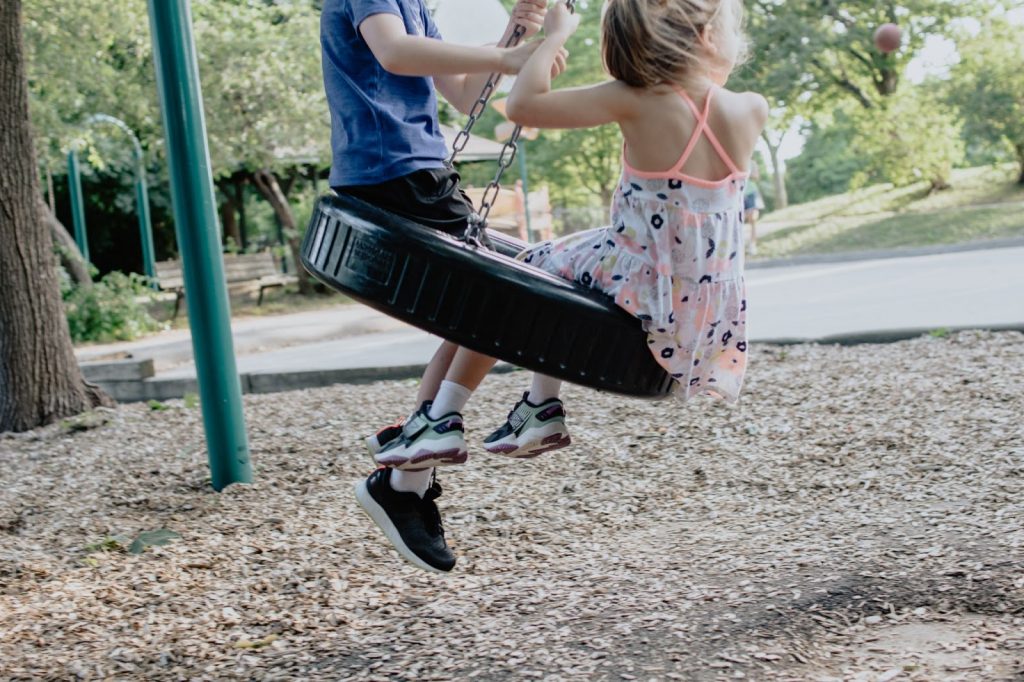
As a parent, we spend a lot of our time giving a great deal of effort to make sure our little ones are happy, safe and also properly educated, and of course, we try our best to take all the steps necessary to help them cope with any potential issue that might occur within their social environment. Sometimes children are not fully aware and tend not to think much of their action, which most people and parents will just try to brush it off with things like “it’s okay they don’t really mean it!”, “they’re kids they will be okay eventually, let them be” or “they like to tease you because they like you!”, although it seems fine at first, those reactions from parents could give huge impacts on children and their social skill development, they will mostly feel insecure, confused and neglected. Lack of empathy will lead them to feel alone on their social journey and they will eventually grow up to be an ignorant individual.
In playgrounds, children learn how to interact with each other, get to know different personalities, and most probably face different kinds of challenges. Children need to learn how to be respectful to each other, they also need to understand that losing is a part of learning and winning doesn’t mean they could look down on their peers, they have to learn about equality in order for them to know what’s the real meaning of ‘respect’. The most common mistake that parents often make is that they tend to be obsessed with ‘winning’ or ‘be the best, although for some it could be a form of motivation, mainly will take them as a pressure, and it will stress them out, in the end, they will try to do anything, even as far as cheating or hurting his peers to achieve this ‘winner’ title. Pressured children will become insecure with themselves and take this pressure as a warning sign that ‘competition’ is something that they should avoid at any cost.
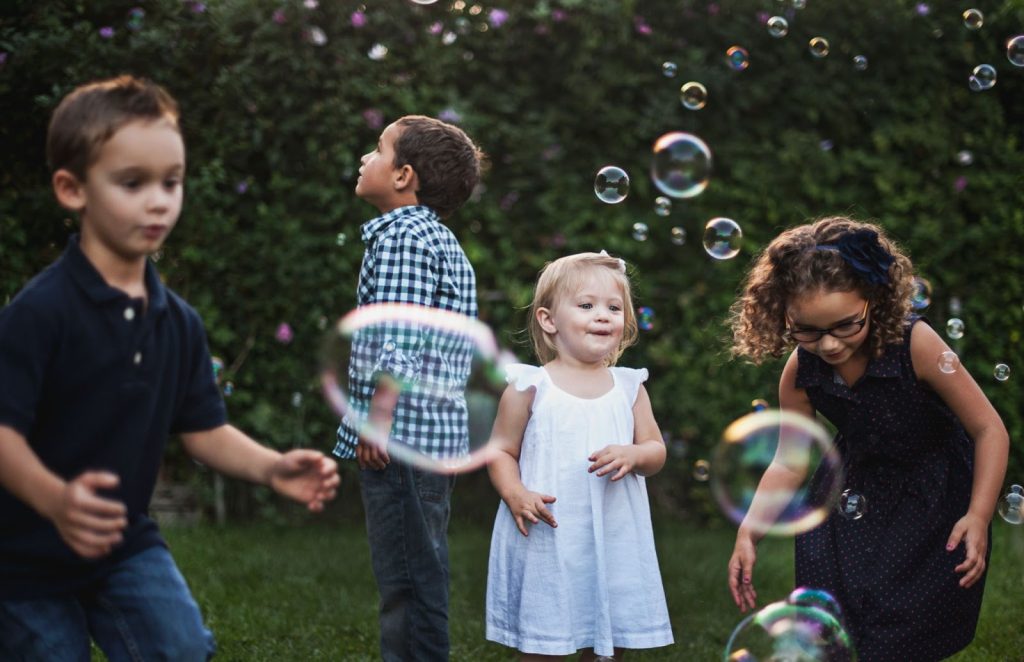
although competition is healthy, as it’s one of the ways for kids to learn acceptance, compromise, and how to be supportive, we need to understand that not every child are comfortable and like being in ‘competition’, and it’s a normal thing as ‘competitive’ environment Is not made for everybody, so we need to accept and support their decision. Failure to do so could lead children to become ignorant and crude towards their friends, and it will increase the chance of fights or even bullying.
Although it’s sad to admit it, bullying is quite common everywhere, especially in kids’ playgrounds, as they are still learning how to behave properly and learn about what is right and what is wrong. Mostly bad experiences in your childhood will create invisible scars and affect greatly on how you grow as a person. So what’s the best way to resolve that? How do we make our children learn and understand? How can parents help them go through such challenges in their playground society?
What’s Behind ‘Children Tease’ ?
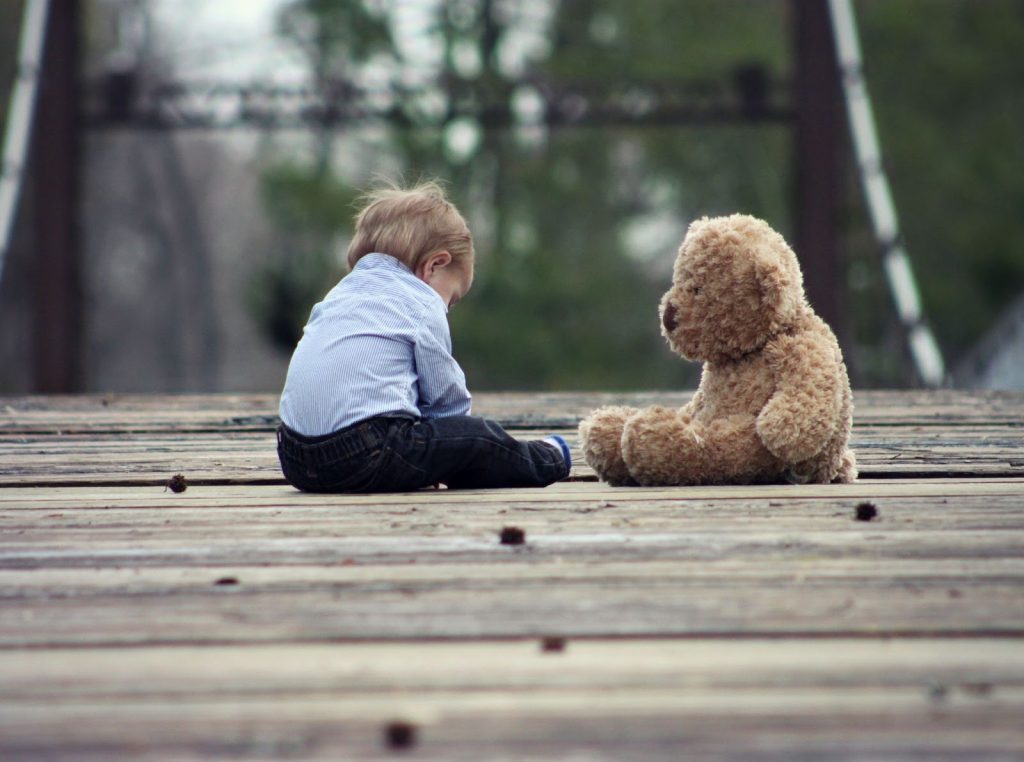
Most young children don’t know how to express feelings like being embarrassed, being shy, being happy, excited, adoration, and even something as simple as ‘wanting to be a friend’. Those emotions are still mixed up in one room, they don’t know how to identify each of them and how to show it to the person they meant to show, that’s why most parents don’t really take children teasing seriously, as they know they mean no harm, but is it right to ignore it?.
Although most children will learn as they grow from their social environment, it is vital for parents to guide them thoroughly, and to give them the right understanding of how to express their emotions correctly without forcing them to say and do exactly what we tell them to. We need to help them think and come out with their own solution, to help them grow. Fail in doing so might stick with the wrong approach to express their emotions, and if they already believe and are comfortable with those ways of behaving, it will eventually turn them into a bully. They will gain the ‘satisfaction’ of watching their target becomes upset and will not care about public humiliation as they don’t fully understand it.
They are three types of bullying that are most common in children playgrounds:
- Verbal Bullying
It’s the most common type between children, they use verbal action to bully and make their target upset, it could be criticism, name-calling, and so on. It’s very important for parents to teach their children to be honest and open, as sometimes it could be tough for kids to talk about it, especially to their parents as they are afraid it will worsen the bullying.
- Physical Bullying
As it mainly happens with boys, but there are lots of cases that girls do it too. This is the easiest to identify. You need to guide them through how they feel, what is the problem and what is the best solution before we go to the parents to take action.
- Relational Bullying
This is by far the most difficult type of bullying to detect. It’s a type of bullying that diminishes the target’s sense of self through actions like ignoring, excluding them from their playground peers, and shunning.
What Can Parents Do To Help?

Sometimes parents are being put in a difficult position when it comes to their children’s social issues, being too involved will create a bigger pressure for the child, but ignoring is definitely not an option. Parents need to make sure to let children know that help is always available, you need to provide the knowledge, technique, and verbal skills for children to use, and offer opportunities for them to brainstorm and practice with you
“Your focus should be not about being right, but instead making the experience the best learning opportunity for your child”
Often parents are just too absorbed and obsessed with protecting their kids from many problems and forget about the importance of the ‘learning experience’. It could have a bad impact on children’s personality development as they tend to copy what their parents do and believe them as the right way to behave. Parents need to realise that mistakes that children make should be treated as golden opportunities for them to grow to be better individuals, and parents should supervise and help them to overcome and come out with the best solutions.
As the ‘teacher’, there are many ways to help your children to understand and learn to use their innate skills in order to build resilience and a critical mind, in order to achieve that children need to understand and learn compromise, flexibility, negotiation, and empathy, although it’s easy to say, it could be particularly challenging for any person to master, especially kids. It’s important to teach them one step at a time, as learning those skills would not happen overnight. There are few effective ways that parents can help them to build social-emotional skills for them to deal with their environment and playground politics.
Know the Language
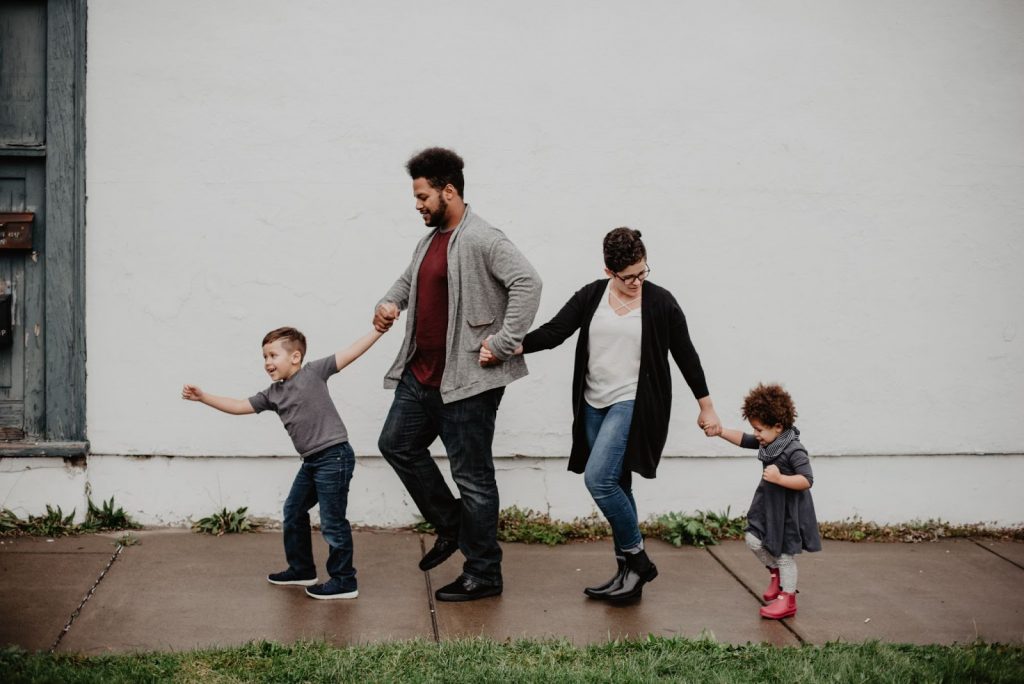
All children are different, some are very social and tend to be open to their parents and some are don’t, it will be hard to help them with their social issues if they are not telling you and we cannot expect children to approach us first to tell us about their problems, parents need to be proactive on handling matters like this when we say ‘active’ it doesn’t mean we could pester and forcing them to talk, as it creates a thicker wall between you and your kids. We need to know when is the right time for them, and what kind of questions we should ask them in order to help them think through the problem.
A few fundamental questions that could help them to teach the ‘problem solving’ are :
- What Happened? What is the problem?
This will help your children to convey their stories and feel respected and heard at the same time. (before you could brainstorm it together)
- How did that feel?
This will allow them and help children to get a clear idea of what they actually want or need.
- What did you want/need?
This will help you to focus on brainstorming solutions
- Are there other ways to get what you want/need?
Let your children think of a few ideas, it doesn’t matter if it’s not all great ideas, as it’s just a brainstorming process. If they cannot come up with their own, you can then offer them a few choices that are the closest to what they want and still align with your family’s values.
- What will happen if you do it? Or try?
Help them to evaluate each of the proposed solutions, and teach them to come up with their own.
- What do you think you should do now? Or What would you do next time?
This will allow your children to choose how to behave differently the next time similar issues or problems occur.
Empathize, not Sympathize

Parents need to empathize with their kids, meaning you need to understand how your children feel, try to put yourself In their shoes in order for them to feel related and understood instead of showing them ‘pity’. It is important to give children the power to change the situation, and not to feel like a victim. By showing empathy to your children, they will eventually apply that to themselves and will learn how to show empathy to their social circle, this will help them grow and create a positive relationship with their peers.
Managing social dynamics in children environments like playgrounds could be very daunting and stressful for children and their parents, and it is the parent’s duty to help children cope with those problems that often arise in their social environment and help them de-escalate conflicts, stand for themselves, and come up with acceptable, socially appropriate and safe solutions. Parents need to help and make sure that their children are equipped with effective skills and supportive hands in order for them to have safe and important learning experiences.
To find more adventure with your loved ones please visit : https://findmyplayground.com/

